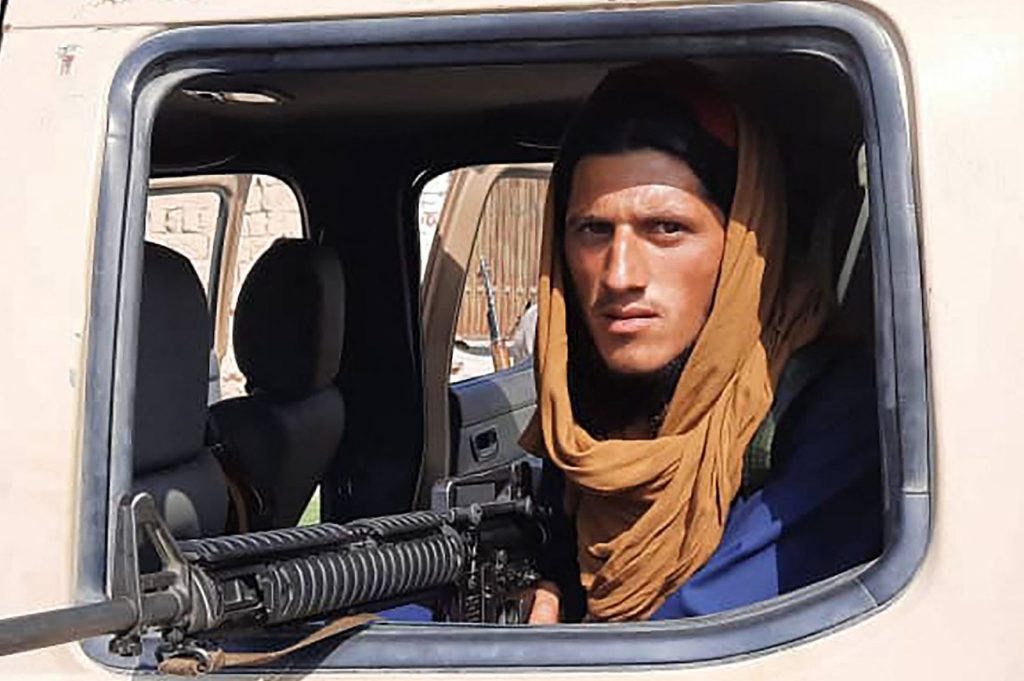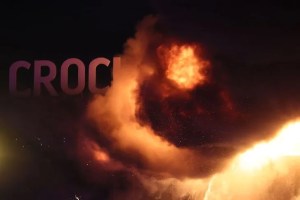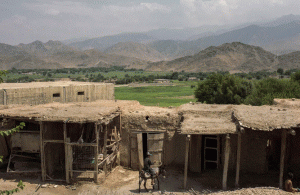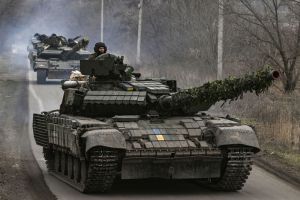Are we seeing a new kind of Taliban? The men who seized Kabul with such ease last weekend are doing their best to sound more moderate. Women, they say, should be allowed to work and have an education. They have offered amnesty to officials of the now-deposed Afghan government, something the old Taliban never dreamed of doing. It’s far too early to tell just how much of this will last. But the more interesting question is not about the elders but the next generation of Taliban: the young commanders who were really the ones who conquered Kabul.
The Taliban never really showed much interest in exporting their type of Islamic revolution around the world. They only cared about Afghanistan. But the new, younger members are much more militant and radical. Many have been jailed for extremism. Quite a few have been in Guantanamo and were heavily influenced by al-Qaeda and its brand of international jihad.
About a dozen hardline groups from Pakistan, central Asia, Russia and even China have been fighting with the Taliban for years. They have come to exercise enormous influence within the rank-and-file. These young guns will now be saying: ‘Why stop at Kabul? We have just defeated the world’s greatest military power! We should take our jihad to our Muslim neighbors and convert them to our cause.’ The older Taliban will be less interested in this approach. But it’s unclear how much power they wield.
The last time the Taliban took over, there were three phases. The first was public relations: promising to end corruption, deliver food, services and all the rest of it. Then came the second phase: public mismanagement, economic disaster, food shortages and a drug crisis. The Taliban was just not ready to govern. Then the final phase: all-out conflict with the public: Sharia punishment, beheadings, hand-chopping, and the subjection of women.
Will it end that way this time? It’s far too early to say. But it’s worth pointing out that we still have no idea how the Taliban intend to govern. They have rejected the loya jirga, the tribal government that has previously decided Afghanistan’s political future. The hope is it could be a coalition government, with well-known politicians and ethnic minorities. But if the Taliban are going to impress the Afghan public and the international community, they must set up a modern system. And if this is going to be an interim government, will the public be given a say in deciding who becomes the next leader of Afghanistan?
The truth is that, 20 years on, there’s no sign that the Taliban has learnt how to run a country. Elderly and more middle-aged Taliban leaders have made statements about behaving well and keeping the peace, but they’ve said almost nothing about how they plan to govern. How will they treat journalists, for example? Afghanistan has dozens of TV channels, many of which have now shut down. More than a thousand women work for the media in Afghanistan. Most will leave their jobs, not because the Taliban has told them to, but because they’re scared. They have no idea what kind of regime awaits them.
It’s likely that the Taliban don’t know either. The younger leaders are likely to be more hot-headed and keen to return to a more brutal form of leadership. Is the Taliban leadership strong enough to control the younger commanders? In the next few months, we will find out.
Ahmed Rashid is the author of Taliban and Descent into Chaos. This article was originally published in The Spectator’s UK magazine. Subscribe to the World edition here.


















